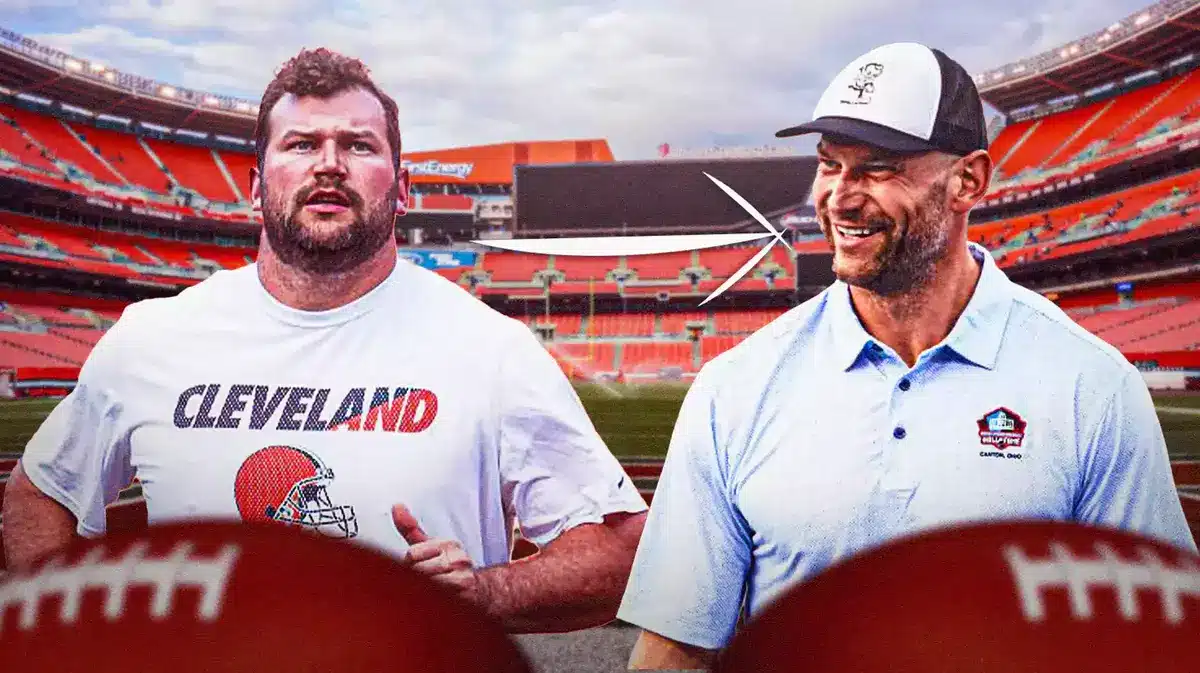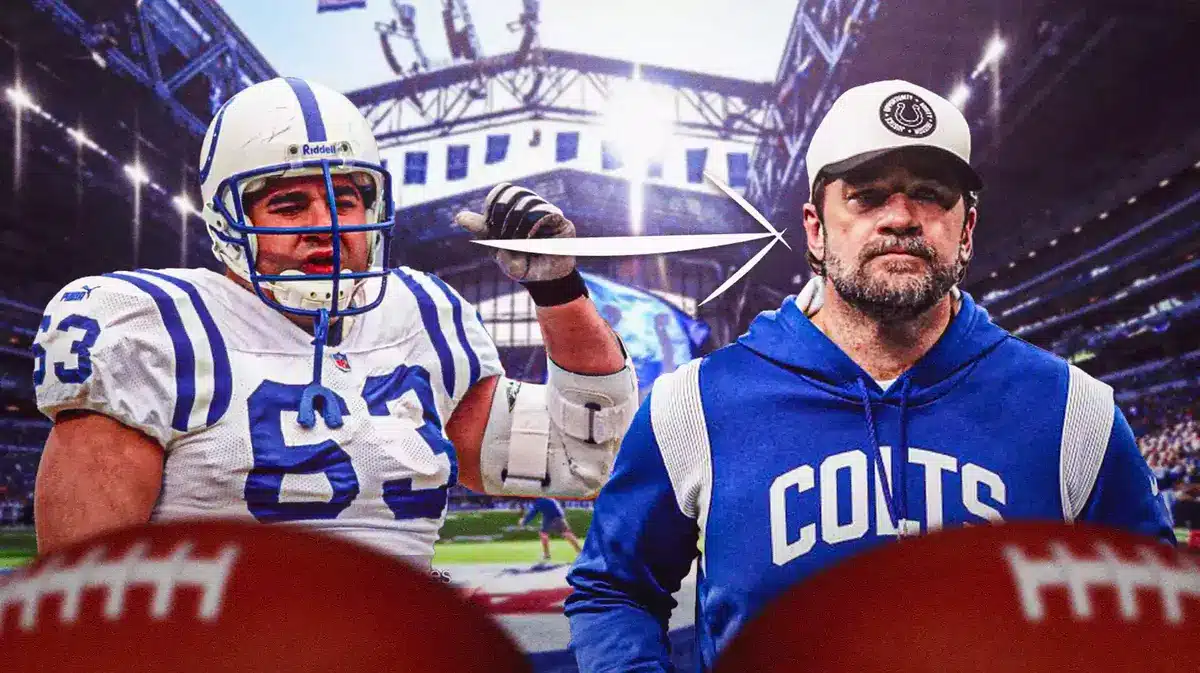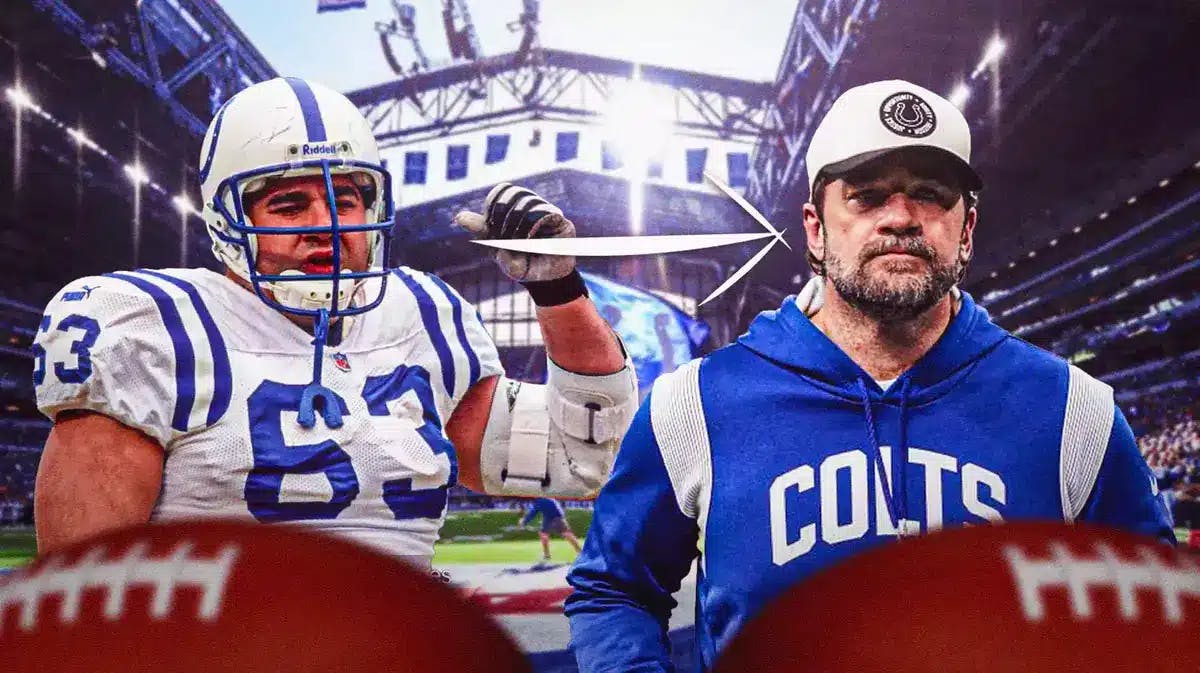Many NFL players are forced to get back to a manageable weight post-retirement. The offensive and defensive linemen are usually the culprits, as they need to spend most of their careers at an athletic 300+ pound weight. It may seem ideal to eat whatever you want while being paid millions, but they don't consider the toll it takes on the player's bodies. Football players exercise while carrying all that weight for most of the year. NFL workouts begin in the middle of April, and voluntary minicamps and OTA offseason workouts follow for the rest of April and May. Mandatory minicamps are in the middle of June, and then preseason begins during the summer. A player's season can go until the middle of February if a team makes the Super Bowl.
It's no wonder some of the NFL's longest-tenured players decide to get to a healthier weight after retirement. Walking around without the added pounds feels like they have a literal weight off their shoulders. Many players are so sick of having to eat to keep on weight that they are turned off from eating by the end of their careers. Marcel Louis-Jacques summed it up best on March 9, 2023. Louis Jacques tweeted a quote from Maurice Pouncey that showed off Pouncey's weight loss.
Mike Pouncey said he and his brother lost 70 pounds since retirement. Said he was told they “eat like rabbits” now. His response:
“Well when we were playing, we ate like pigs.” pic.twitter.com/97J1udwnie
— Marcel Louis-Jacques (@Marcel_LJ) March 9, 2023
Let's examine some of the most significant weight loss transformations for retired NFL players.
Joe Thomas

Thomas is one of the best offensive linemen to play the game. He is a ten-time Pro Bowler and became a Hall of Famer in 2023. He spent most of his career at 310 pounds but is at a more manageable weight post-retirement. Thomas became an analyst for the NFL Network and lost over 50 pounds in nine months after his final game. “You just don't eat until you feel like you're going to throw up at every meal, and all of a sudden, the weight falls right off,” Thomas said in a feature for NFL.com. He also said, “I was more eager to lose weight than almost anything in retirement.”
David Pollack

Pollack is another former NFL player who now makes his money as a football analyst. He took the job as a college football commentator for ESPN. Pollack's weight loss journey began during his career, as he switched positions after college. Pollack was a 297-pound defensive lineman in college but last played in the NFL as a 260-pound linebacker. He had a career-ending injury, which forced him to look more into improving his health. This is why Pollack now sits at 220 pounds, opting to get more informed about what and when he eats.
Mike Golic
Golic was a defensive tackle for the storied Eagles' defenses in the late 1980s and early 1990s. He weighed in around 280 pounds for most of his career. Golic is a podcast/radio host and college football commentator. His weight isn't known, but he looks more like a wide receiver now than a defensive lineman.
Jeff Saturday

Saturday was Peyton Manning's right-hand man with the Indianapolis Colts. The pair were the spearheads of dominant offenses in the 2000s. He was a 295-pound center when he retired after the 2012 season. Saturday is an ESPN personality and reemerged as the interim head coach of the Colts during the 2022 season. He weighs 238 pounds and runs a program to help former players learn about healthy lifestyles.
“NFL players lead very structured lives,” Saturday said. “Our coaches tell us when practice starts, when it ends, when meetings start, when they end, when we travel, where we're going to stay. All of those things handled for you so often and for so long in your life, there is an adjustment. There is a transition that guys have to catch hold of and be diligent about staying on top of details.”
Jordan Gross
A recent retiree had one of the most crazy transformations in a short time. Gross was a three-time Pro Bowler and 300-pound offensive lineman with the Carolina Panthers. Seven months after retiring, Gross showed up to watch training camp, looking like he had lost close to 100 pounds.
Antone Davis
Davis was a 330-pound offensive lineman in the 1990s with the Philadelphia Eagles. After retiring, Davis grew to 475 pounds, but he realized he needed to improve his lifestyle. Davis joined The Biggest Loser on NBC, losing more than 200 to decrease to a manageable 245 pounds.




